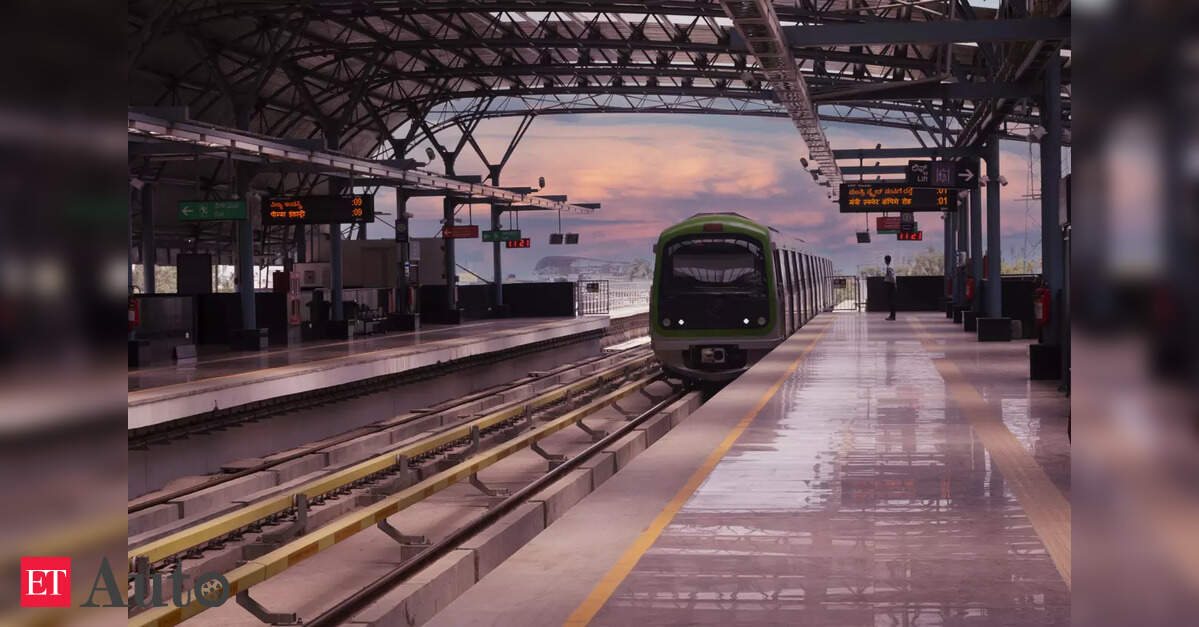Sustainable Mobility Strategies for Indian Cities: Innovations and Challenges Ahead
Key Ideas
- Speakers at the Madhya Pradesh Growth Conclave discussed the importance of sustainability, emission reduction, and accessibility in public transport, highlighting innovations like hydrogen and ethanol-run vehicles.
- There is a push to increase the use of electric vehicles, with a focus on incentivizing manufacturers and dealers to boost sales and reduce pollution.
- Emphasis was placed on crowd management, gender equality, and leveraging modern technologies to improve traffic systems, including ongoing experiments with hydrogen and ethanol vehicles.
- While ropeway and metro projects are progressing in MP, waterways remain untapped for transportation, presenting a potential avenue for future mobility developments.
The Madhya Pradesh Growth Conclave recently delved into the future of mobility in Indian cities, with a focus on sustainability and innovation in public transport. Speakers emphasized the need for emission reduction, affordability, and improved accessibility, discussing alternatives such as electric, hydrogen, and ethanol vehicles. The event highlighted the importance of diverting traffic from roads to waterways and airways, exploring new ways to reduce pollution and enhance end-to-end connectivity.
A key theme was the promotion of electric vehicles, especially for heavy transportation to combat pollution. The government's incentives to encourage the sale of electric vehicles were discussed, along with the importance of increasing the number of sellers through various means. Crowd management emerged as a crucial aspect, with strategies proposed for efficient use of road space, improved gender equality in public transport, and the integration of data for better decision-making.
The session also shed light on ongoing experiments with hydrogen and ethanol vehicles, signaling a shift towards cleaner fuel alternatives. While projects like ropeways and metro trains are advancing in Madhya Pradesh, there is room for further exploration of water routes for future transportation solutions. The event concluded with a call for embracing experiments, innovations, and modern technologies to revolutionize the traffic and transport landscape in Indian cities.
